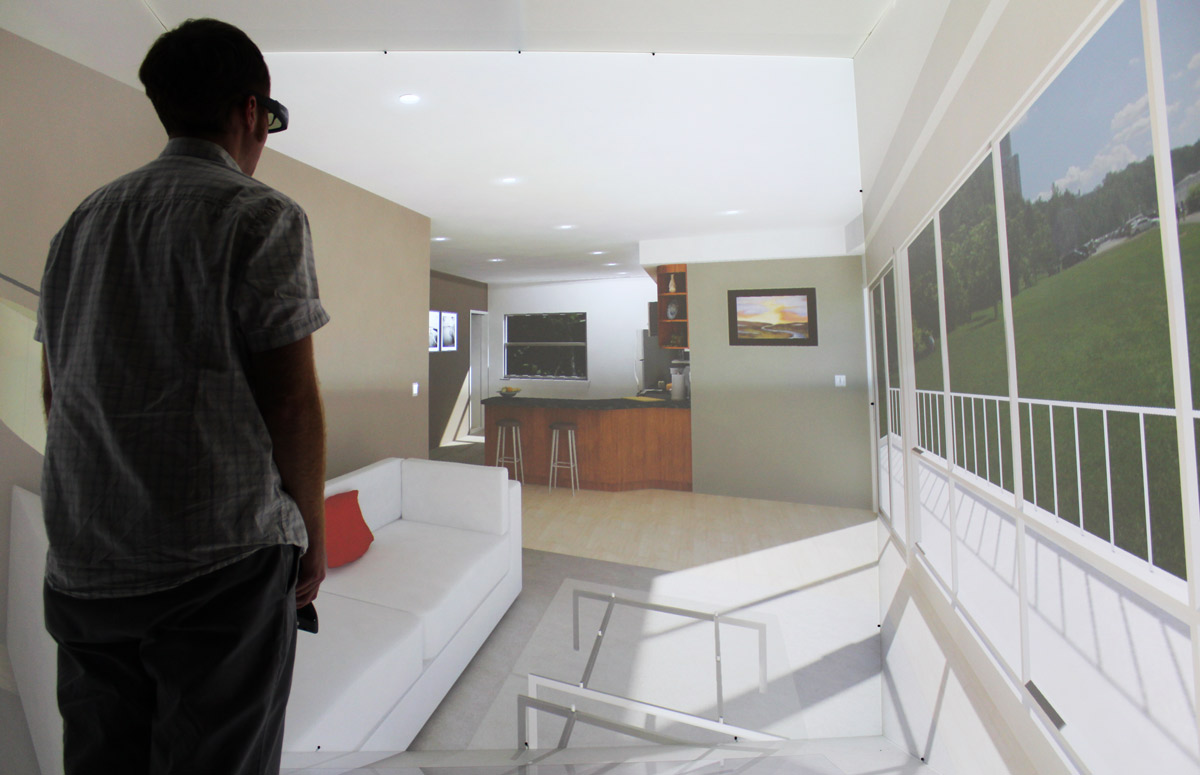Software tools are a critical component or product of many WID projects and initiatives, especially within WID’s Data Science Hub.
Data Scientists Unite Research and Policy in New Project
archive_admin2024-11-14T22:04:28-06:00A new data science project, "WEREWOLF", puts powerful modeling tools into the hands of Wisconsin policymakers to create the energy systems of tomorrow.





